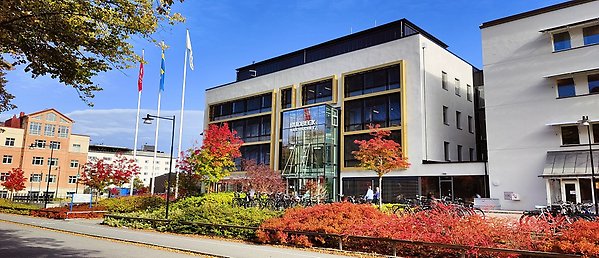[The Svedberg] – Studying microRNA functions at the single-cell level
November 7 @ 15:15 – 16:15 CET
MicroRNAs are gene regulatory molecules that play important roles in numerous biological processes including human health. The function of a given microRNA is defined by its selection of target transcripts, yet current state-of-the-art experimental methods to identify microRNA targets are laborious and require millions of cells – hampering the entry of the microRNA field into the single-cell era. We have overcome these limitations by fusing the microRNA effector protein Argonaute2 to the RNA editing domain of ADAR2, allowing for the first time the detection of microRNA targets transcriptome-wide in single cells. Our agoTRIBE method reports functional microRNA targets which are additionally supported by evolutionary sequence conservation. As a proof-of-principle, we study microRNA interactions in single cells, and find substantial differential targeting across the cell cycle. In addition to presenting this single-cell project, I will talk about our recent efforts to sequence RNA fragments from ancient animal samples that are preserved in the Siberian permafrost.
Marc Friedländer is an associate professor at Stockholm University, Department of Molecular Biosciences. He graduated from his master’s thesis under the supervision of Anders Krogh in Copenhagen and his PhD in the group of Nikolaus Rajewsky in Berlin. He founded his own lab in Stockholm with funding from a SciLifeLab Fellowship and an ERC starting grant. His team is balanced between wet-lab and dry-lab biologists, and they develop and apply experimental and computational methods to understand gene regulation – with particular emphasis on microRNAs. His lab has studied these molecules in the context of space exposure (a collaboration with NASA); in ancient animal samples preserved in permafrost; and in mammalian single cells.
Webpage: www.friedlanderlab.org

